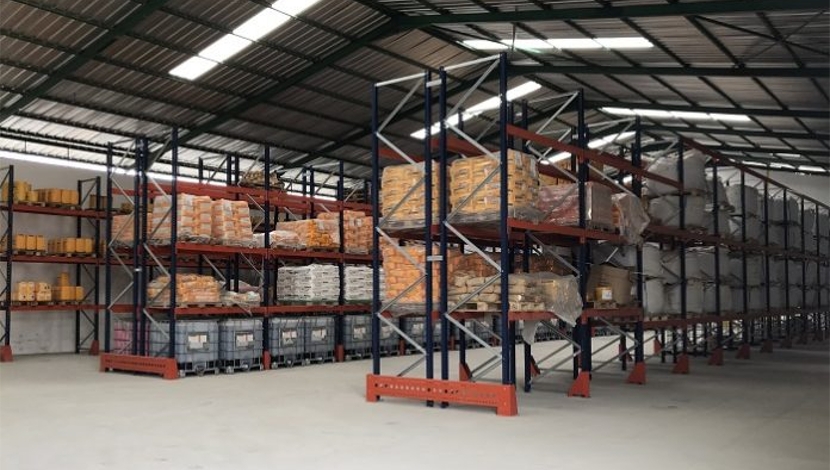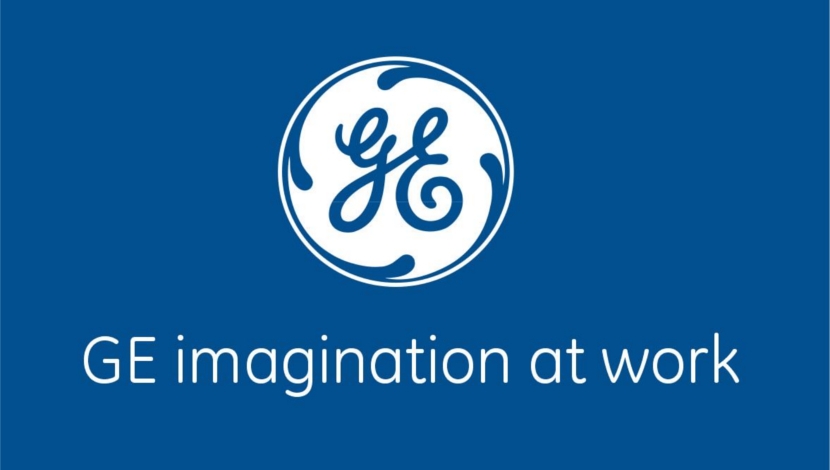
One of the UK’s largest construction firms, Costain, has been shortlisted for a sustainable business award for its work on testing concrete that could mend its own cracks.
“Self-healing” concrete could be a long-term money-saver, since the UK spends around £46bn a year ($70.6bn) on repair and maintenance, the company said.
On a road improvement project in Wales Costain has built a full-scale wall structure with a number of concrete panels, each featuring different combinations of self-healing techniques.
The panels will then be stressed to inflict damage and then monitored to see how they react.
“We’ll be looking at the effect of the healing techniques on areas such as stiffness, permeability and the mechanical damage recovery of the trial panels,” said Costain engineer Oliver Teall.
The experiment, which has seen the firm shortlisted for Wales’ Sustainable Business of the Year 2015 award, will test a number of self-healing techniques currently being explored around the world, including shape memory polymers, microcapsules and microbial healing that may counter the effects of deterioration due to ageing or damage.
“We are the only major research group in the UK investigating this, and have been recognised by the international community as a key global player,” said Teall.
Cracking under the strain
Although concrete is the world’s most used building material, it is prone to cracking under tension. If the cracks get too big they can lead to corrosion of the steel reinforcement, which jeopardizes the structure’s integrity.
A number of universities are investigating different approaches to self-healing concrete.
The winner of the Sustainable Business Award will announced on 19 November.





